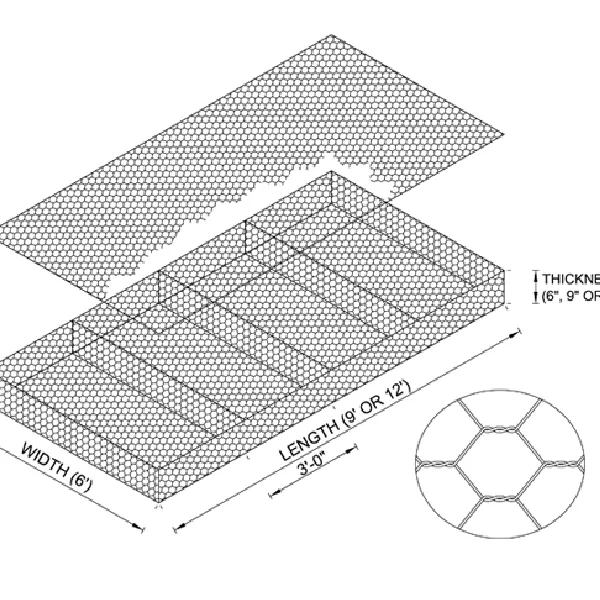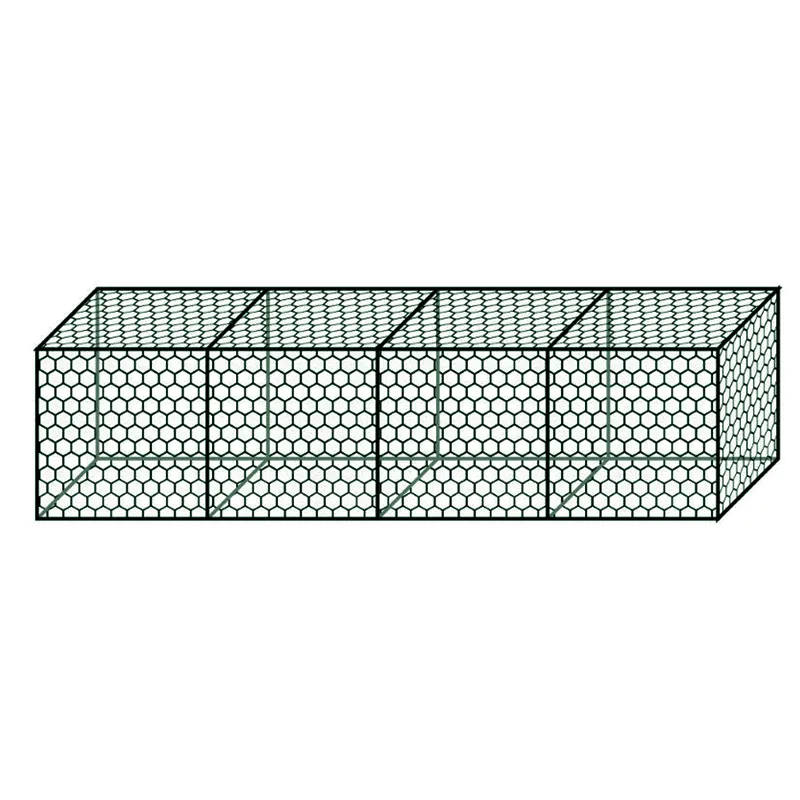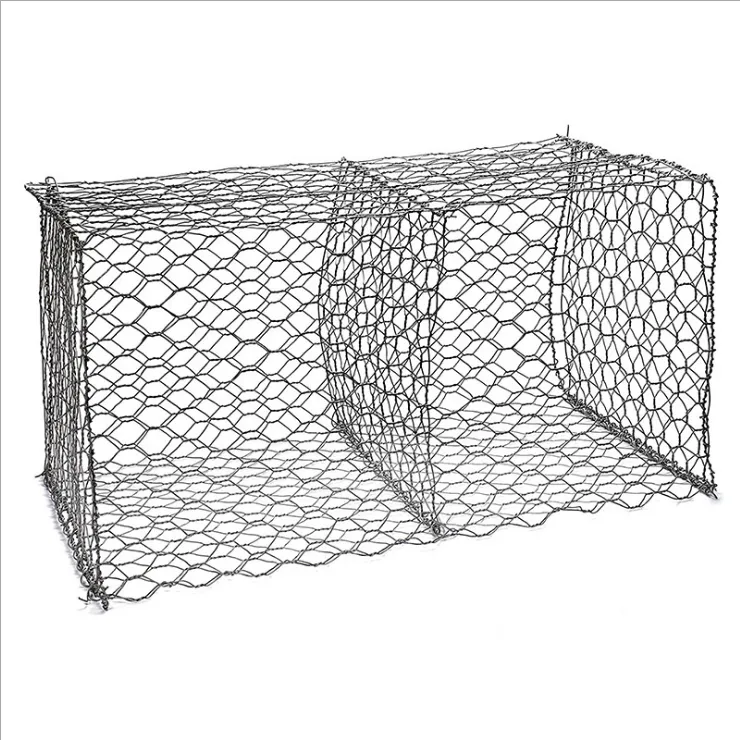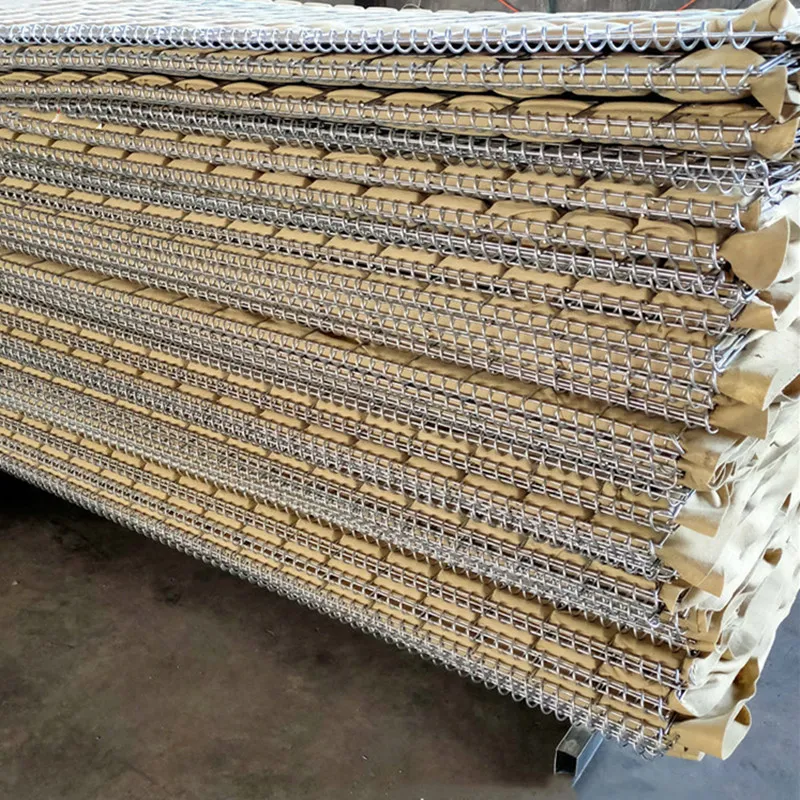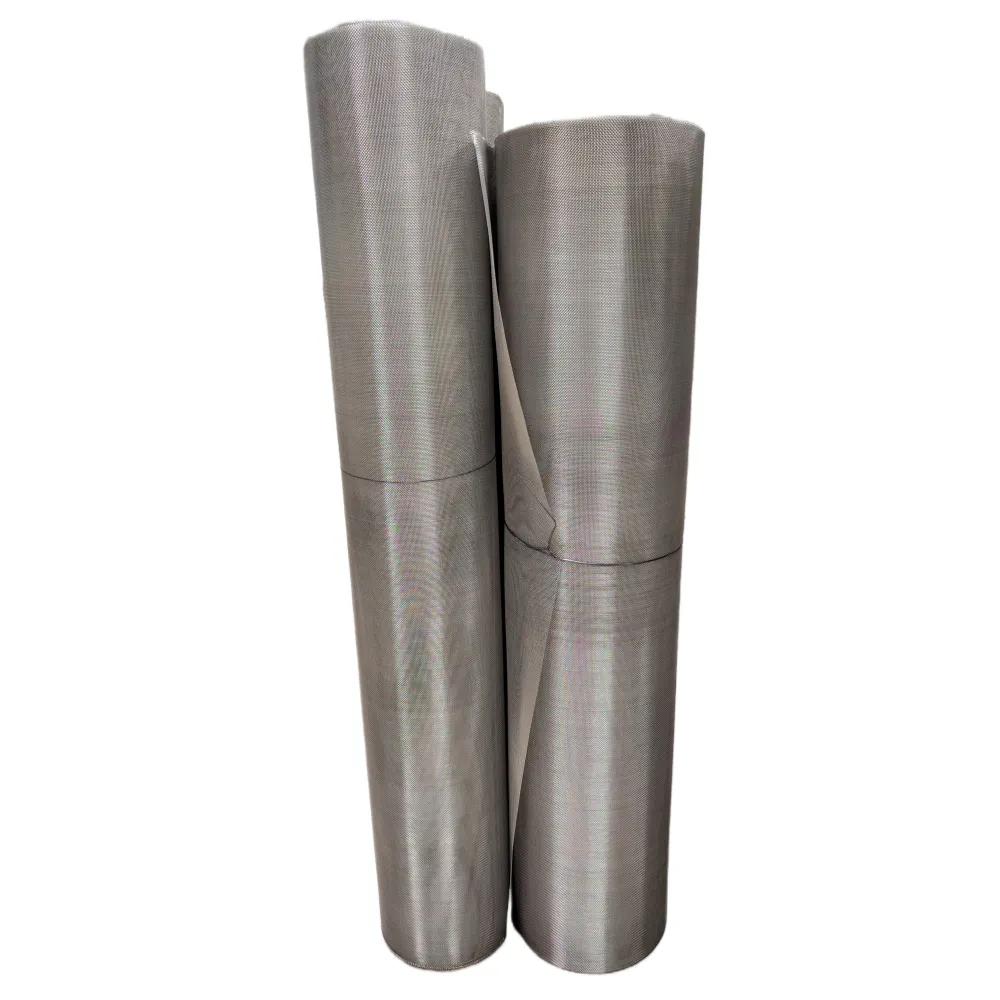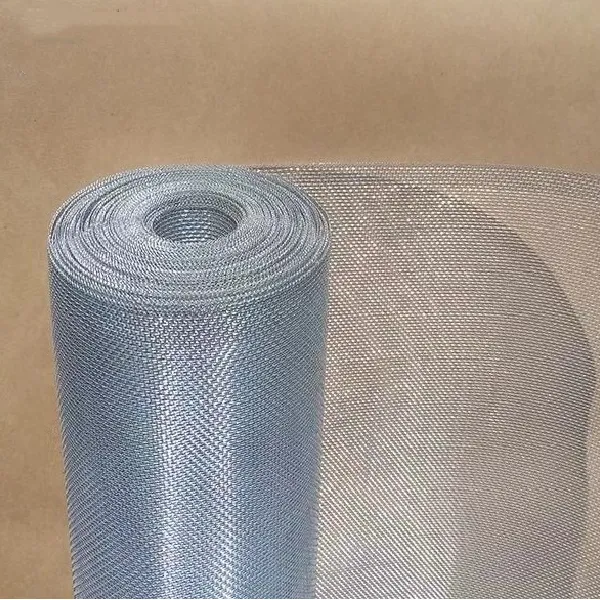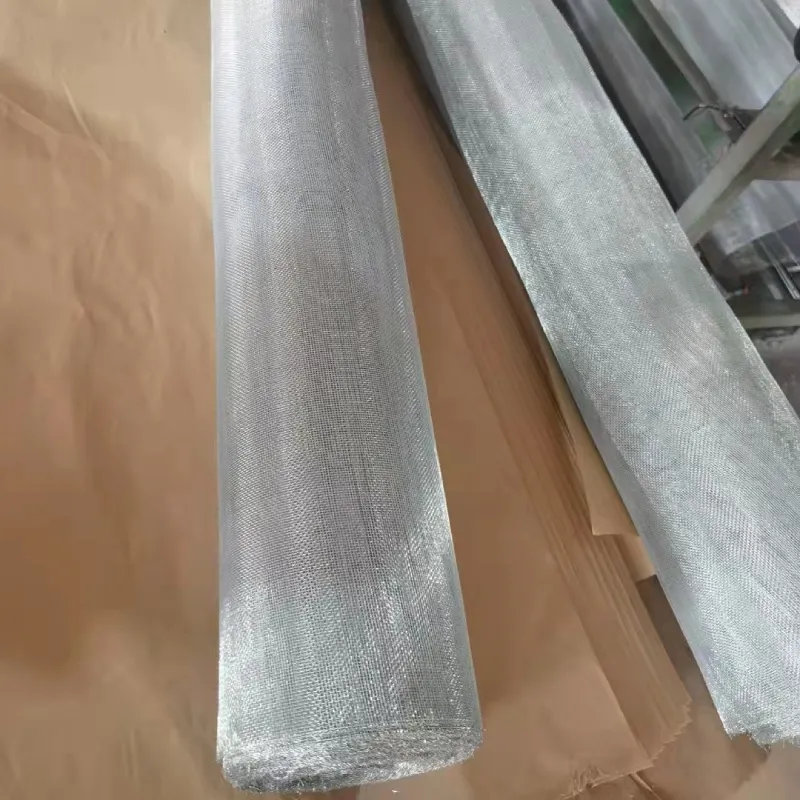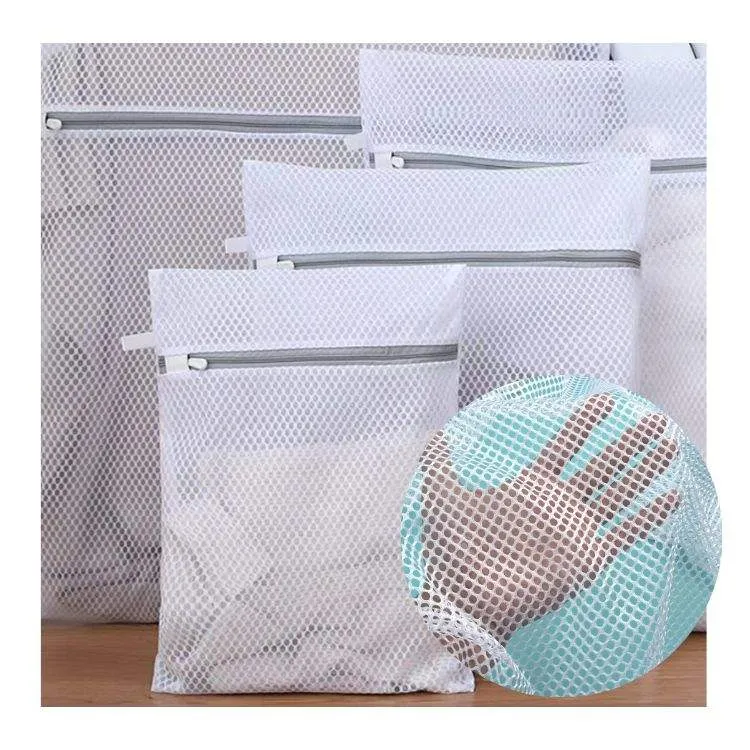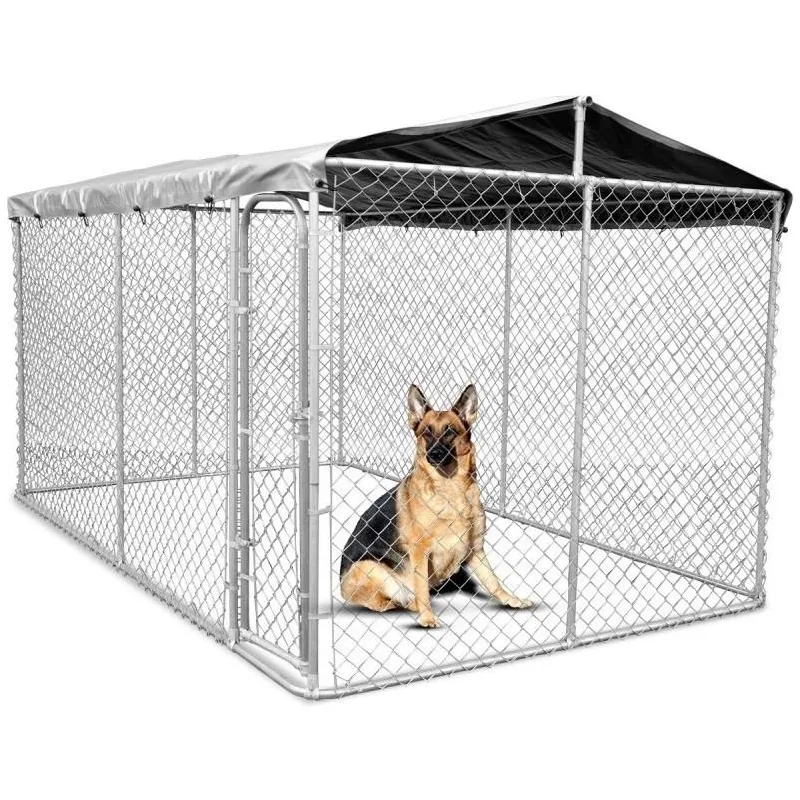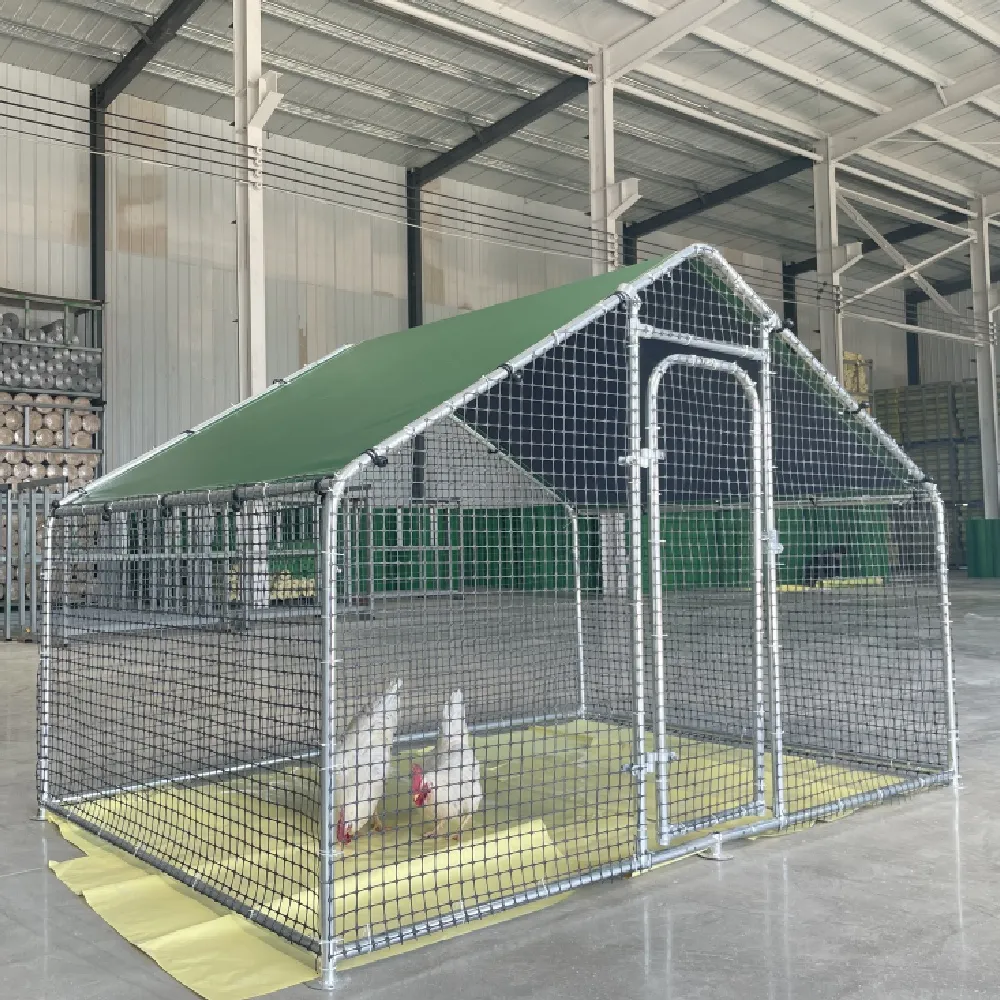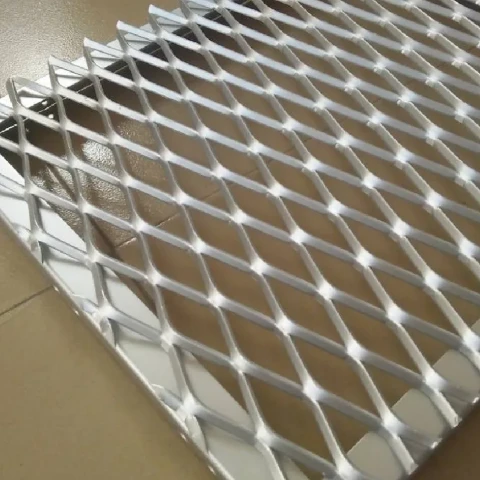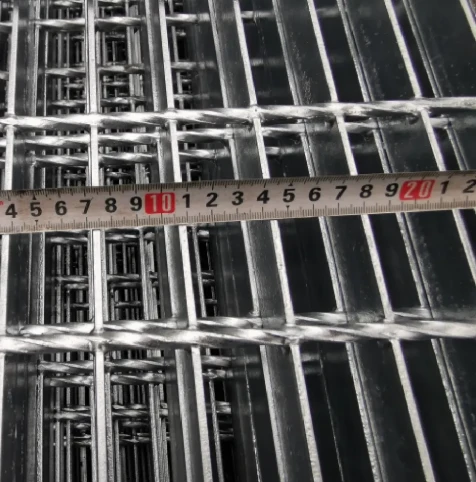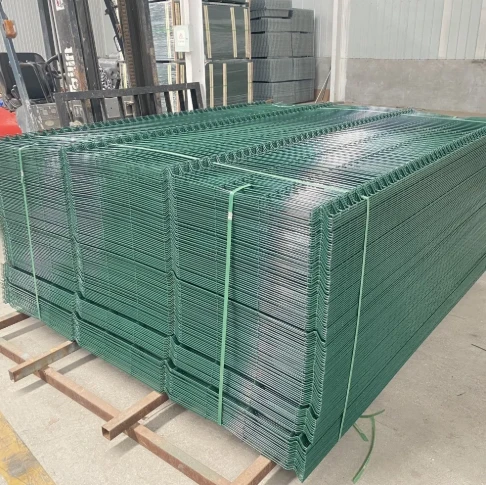Selecting the right livestock corral panels is crucial for any farmer or rancher who wants to manage their animals effectively and safely. By prioritizing quality, durability, and cost-effectiveness, one can ensure not only the welfare of the livestock but also the efficiency of farm operations. This guide provides insights into choosing the best panels based on expertise gathered over years of hands-on experience.
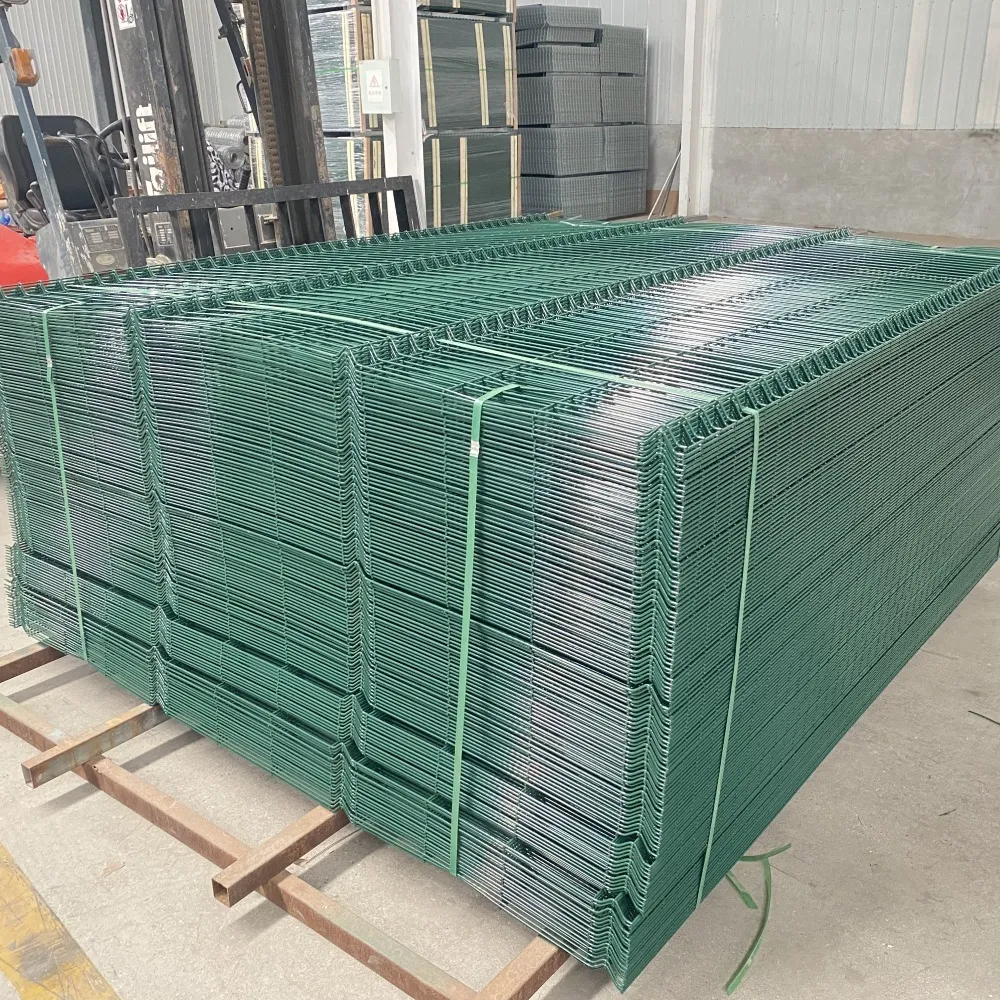
Livestock management requires sturdy and reliable corral panels to create a secure environment for animals such as cattle, horses, and sheep. The primary role of these panels is to serve as barriers that prevent animals from wandering and to facilitate smooth handling during various farm operations like sorting or medical checkups.
A well-designed livestock corral minimizes stress on the animals and enhances the safety of handlers.
Over the years spent working closely with livestock, it has become apparent that the choice of material for corral panels is paramount. Each material type offers unique advantages. For instance, steel, often treated with anti-corrosive coatings, is renowned for its strength and longevity. Steel panels are ideal for larger, more aggressive animals due to their robust nature. On the other hand, portable aluminum panels may be suitable for smaller livestock or temporary setups due to their lightweight and ease of mobility.
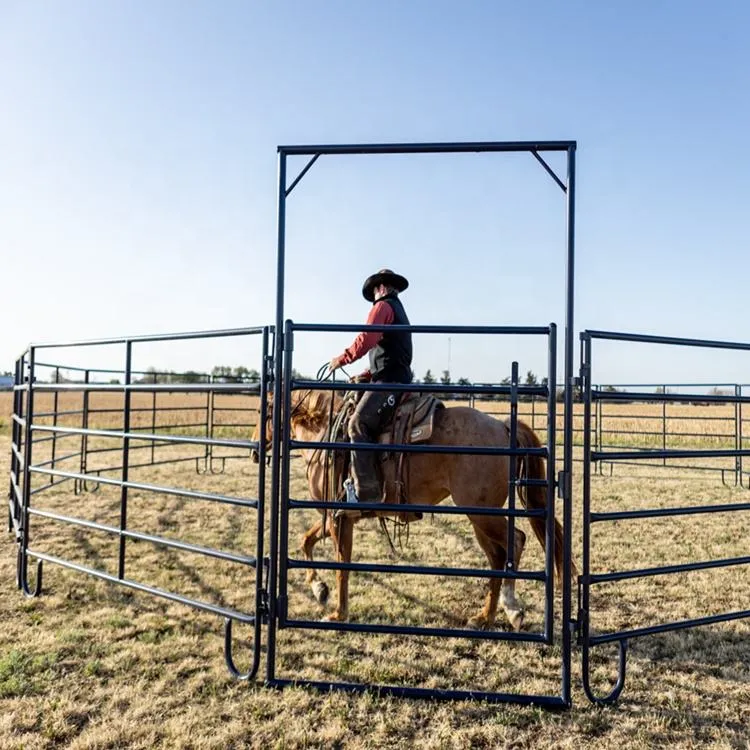
Aside from material, the design of livestock corral panels significantly impacts their functionality. Height and spacing play critical roles; panels should be tall enough to prevent climbing or jumping and spaces should be narrow enough to deter animals from getting stuck or escaping. Furthermore, panels with rounded edges minimize injury risks, enhancing the safety for both livestock and handlers. As a livestock management expert, it’s crucial to analyze the particular needs of your operation before selecting panel designs.
Another vital consideration is the connectivity of the panels. Some systems utilize pins or clips, ensuring stable and firm connections, while others may employ a hook and notch design for fast assembly and disassembly. For operations that require frequent relocation of panels, choosing products with easier assembly systems is advisable. Years of field experience suggest that ease of setup can considerably reduce time and labor costs.
livestock corral panels
Economic factors must also be taken into account. Maintenance costs are an often-overlooked aspect but can significantly impact long-term profitability. Choosing high-quality panels may require a more substantial initial investment; however, this can be offset by the reduced need for repairs and replacements. Trustworthy manufacturers will often offer warranties or guarantees for their products, ensuring peace of mind for buyers.
Additionally, understanding regional climate conditions can help determine the most suitable type of panel. Areas prone to humidity and rain should opt for corrosion-resistant materials, while those in colder climates might benefit from panels that maintain structural integrity in freezing conditions.
Once installed, the proper maintenance of livestock corral panels can further extend their lifespan. Regular inspections for rust, loose connections, or wear and tear will avert potential hazards and keep the corral in optimal condition. Applying protective coatings, as advised by manufacturers, can also safeguard against environmental factors.
Partnering with industry professionals can enhance the selection process of livestock corral panels. Many local agricultural extensions or livestock supply companies offer consultation services that tailor solutions to specific operational needs. Given the nuanced requirements of various livestock breeds and farming operations, consulting with experts can reinforce decision-making confidence.
In conclusion, choosing the appropriate livestock corral panels is a nuanced process that demands attention to detail and consideration of multiple variables. With the right panels, livestock handlers can ensure the welfare of their animals while maximizing operational efficiency. It is recommended to rely on both expert advice and personal experience to make decisions that align with operational needs and long-term farm goals.




